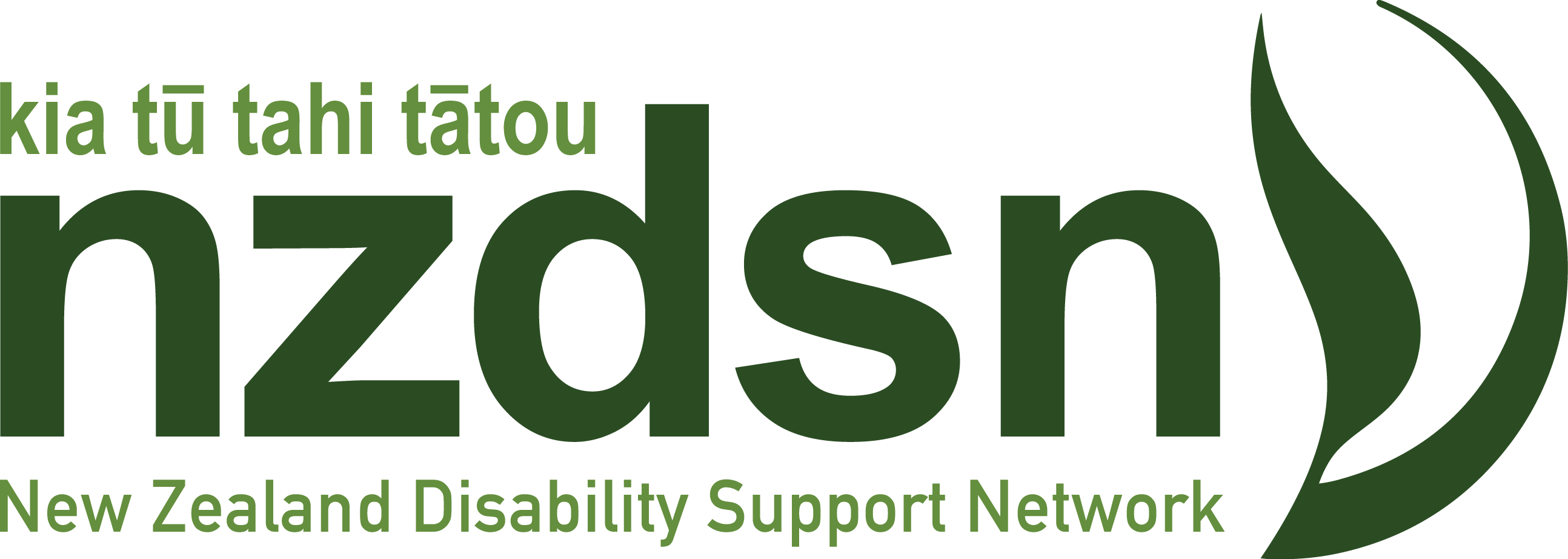Alarming and disproportionate violence against disabled people in Aotearoa New Zealand has been documented in two new Human Rights Commission reports.
On 1 December Paula Tesoriero, Disability Rights Commissioner launched the two reports:
- Whakamahia te Tūkino kore Ināianei, ā Muri Ake Nei (Acting Now for a Violence and Abuse Free Future)
- Whakamanahia Te Tiriti, Whakahaumarutia te Tangata (Honour the Treaty, Protect the Person)
NZDSN welcomes these reports and applauds the Disability Rights Commissioner’s position that this is a serious human rights issue, one that has been neglected for a long time.
The reports set out the evidence available on the causes and impacts of violence and abuse against tāngata whaikaha Māori and disabled people. They lay out the serious and urgent problems for those who are not aware of them, and offer a Te Tiriti focused and human rights road map to tackle these problems. The reports are focused on a twin-track approach, where mainstream general services are disability literate, while specialised services are also available with a focus on upskilling people – shifting perceptions of disability, and co-designing everything with disabled people.
Other recommendations include:
- Keep children safe from harm through a range of mechanisms in health, education, support and therapeutic services – and embed disability rights in agencies such as Oranga Tamariki.
- Make structural changes to help prevent violence and abuse that recognise issues such as power/powerlessness, invisibility, lack of access to social and economic determinants of health, stigma and discrimination.
- Enshrine protections in legislation, including those that improve social participation and equality.
- Eliminate ableism.
NZDSN is delighted to see a recommendation to “Upscale and fully resource responses that are already proven to enhance safety and response. One effective response is an integrated Safeguarding Framework across the health, social and justice sectors…” NZDSN was involved in a collaboration to develop the Safeguarding Framework. In 2020 NZDSN held an introductory Symposium to help participants, from within and connected to the disability community, to understand the Safeguarding Framework. This week we are hosting a follow-up two-day workshop to embed and action this understanding. This workshop is an opportunity to bring together disability, sexual and family violence, and health care sectors to shift attitudes, behaviours and systems that discriminate against disabled people and whānau. The workshop aims to build a community-led response and commitment to safeguard disabled people’s human rights and lives free from abuse and harm.
NZDSN is committed to continue being a co-leader to collaborative action to improve the lives of disabled people. We strongly encourage you to use, share and comment on the reports.
